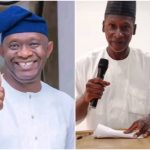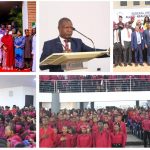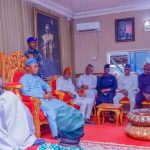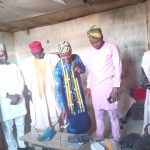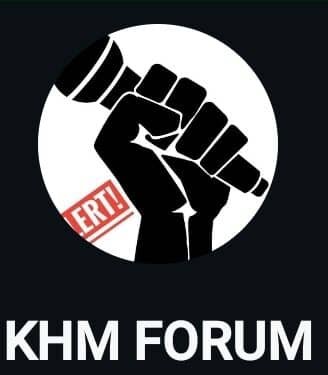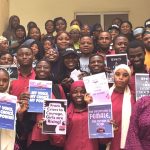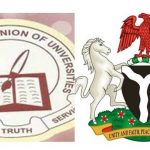Ban on Live Political Programs Still in Place, Kano Media Heads Tell Politicians and Public
By Bala Salihu Dawakin Kudu
Democracy Newsline Newspaper | October 13, 2025
Kano, Nigeria — In a bold reaffirmation of its earlier stance, the Kano State Forum of Media Heads has declared that the ban on live political programs across broadcast platforms remains firmly in effect. The decision, originally implemented on May 9, 2025, was designed to curb the rising tide of political misinformation, incitement, and reckless rhetoric that media executives say was threatening the fragile threads of social harmony and democratic stability in the state.
Speaking at a well-attended press conference in Kano on Sunday, Ado Sa’idu Warawa, Chairman of the Forum and Station Manager of Freedom Radio Kano, emphasized the importance of maintaining journalistic integrity and prioritizing public interest over political sensationalism.
“This decision was not taken lightly,” Warawa began. “In recent times, we have observed a troubling trend — where live political broadcasts have become platforms for misinformation, incitement, and unguarded rhetoric that threatens national unity and public peace.”
According to Warawa, live political programming, particularly in the lead-up to elections, has been increasingly hijacked by partisan actors and political surrogates, who exploit the immediacy and lack of editorial oversight in live broadcasts to disseminate unverified claims, inflame ethnic and religious tensions, and disparage opponents without consequence.
He noted that since the suspension of live political broadcasts earlier this year, the quality of political programming in Kano State has “improved tremendously,” with more balanced, in-depth, and context-rich discussions replacing what he described as “verbal warfare and media ambush.”
“Pre-recorded and editorially reviewed content allows for balance, context, and accountability,” Warawa explained. “This ensures that the public receives not just information, but reliable and constructive insight into political developments and governance issues.”
Warawa was quick to affirm the forum’s unwavering commitment to freedom of expression and media plurality, pillars he described as essential to democratic society. However, he stressed that these freedoms must operate within a framework of ethical journalism, especially in a climate where fake news and inflammatory rhetoric have real-world consequences.
“We are not silencing political discourse,” he clarified. “We are refining it. We must ensure the media space in Kano informs without inflaming, educates without exaggerating, and unites rather than divides.”
The Forum urged all media organizations operating within the state to comply fully with the directive and work collaboratively to uphold professional standards. Media outlets are expected to submit political content for editorial review before it is broadcast, especially during election seasons or politically sensitive periods.
The Forum also used the opportunity to call on Kano residents to increase civic participation, particularly in ongoing voter registration efforts. Warawa encouraged citizens to leverage community networks, media platforms, and grassroots engagement to ensure high voter registration turnout both online and in-person.
“Let us match and exceed the momentum seen in other states. A well-informed, well-registered electorate is the foundation of a strong democracy,” he added.
In a gesture of solidarity and compassion, the Media Heads’ Forum commended the Kano State Government for footing the medical bills of veteran journalist Lawan Isa Bagwai of Radio Kano, who was recently involved in a road accident while on his way to work.
The gathering also paused to mourn the passing of Aliyu Abubakar Getso, another veteran journalist, who died after a protracted illness. Forum members paid tribute to his legacy and contributions to journalism in the state, describing him as a “pillar of truth” and “a voice for the voiceless.”
The reaffirmation of the ban on live political programs signals a continued effort by Kano’s media leadership to sanitize the airwaves, prioritize public interest, and promote peaceful democratic dialogue.
While critics may argue that the move borders on censorship, proponents insist that structured political communication, especially in a volatile political environment, is not only prudent — but necessary.
“Democracy thrives when citizens are informed, engaged, and responsible. The Kano Heads of Media Forum stands ready to work with stakeholders across all sectors to build a more transparent, peaceful, and participatory society.”


